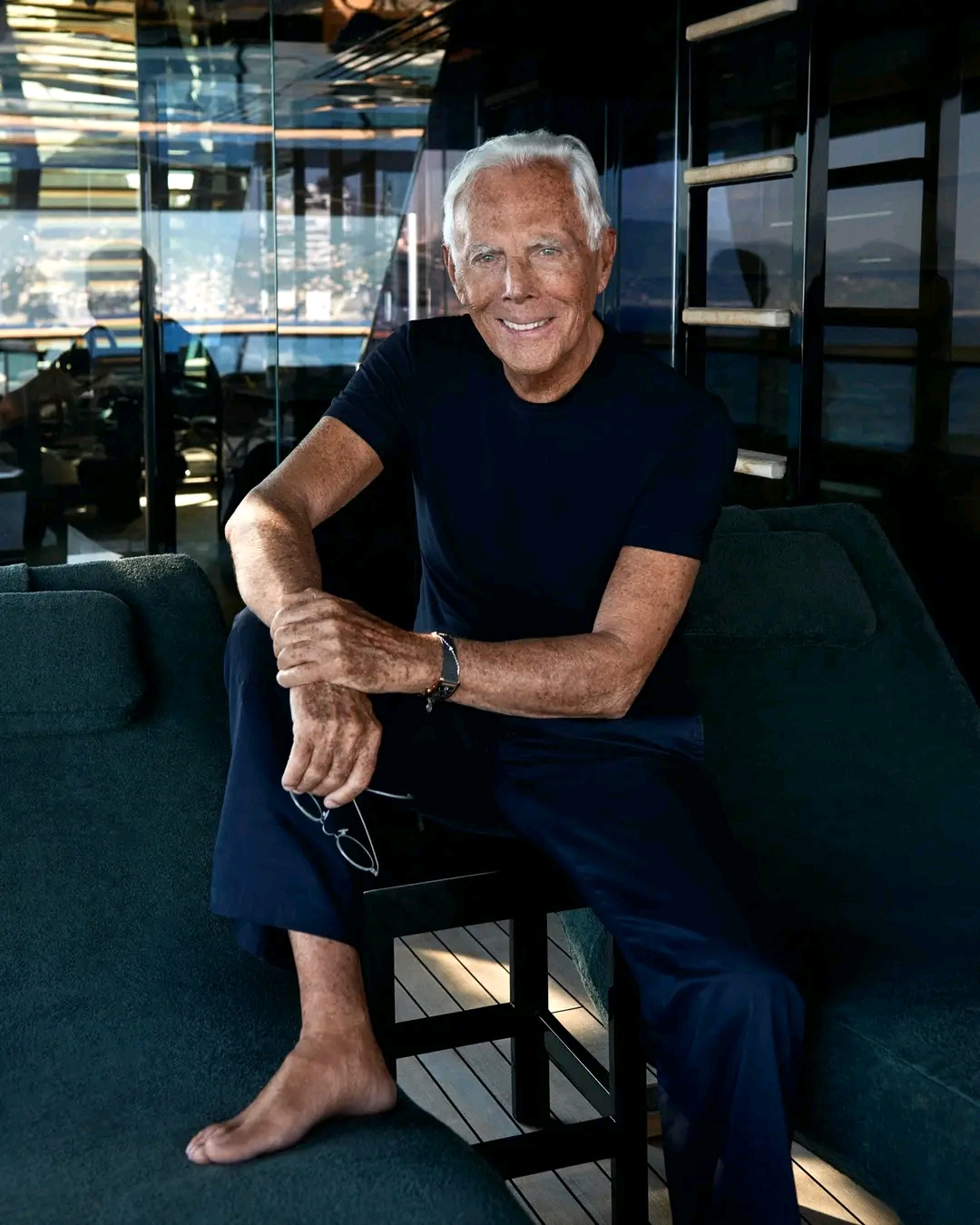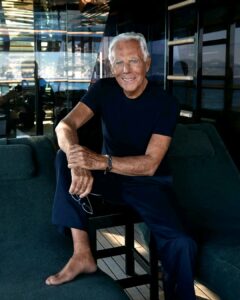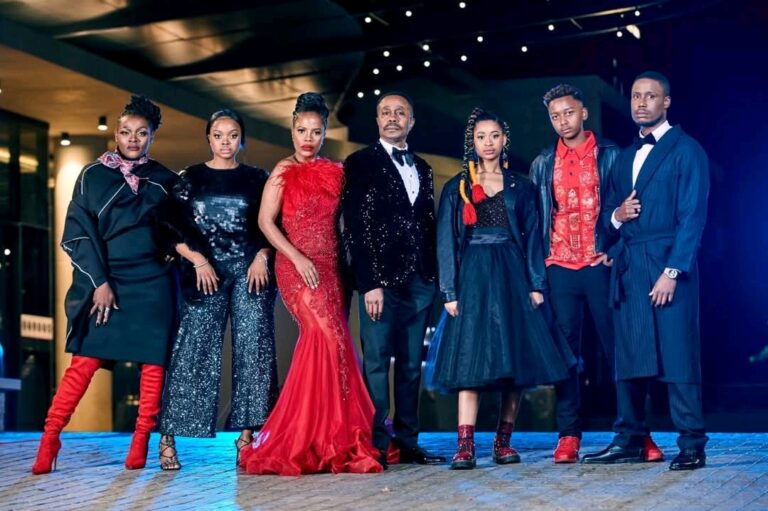
The world of fashion is mourning the loss of Giorgio Armani, the renowned Italian designer who redefined modern elegance and built one of the most influential fashion empires of the last half-century. Armani passed away at the age of 91, his company confirmed on Thursday, marking the end of an era in global fashion.
The Armani Group released a heartfelt statement announcing his passing: “With infinite sorrow, the Armani Group announces the passing of its creator, founder, and tireless driving force: Giorgio Armani.” The announcement described him as not only a visionary but also a leader who built a legacy grounded in creativity, precision, and family values.

A Pioneer of Italian Style
Born in 1934 in Piacenza, Italy, Armani rose to prominence in the 1970s and quickly became a symbol of refined Italian style. Known for his clean lines, muted tones, and timeless silhouettes, he introduced a new kind of understated luxury. His designs were embraced by Hollywood stars, world leaders, and style-conscious individuals across the globe. Armani’s impact stretched beyond clothing—his brand became synonymous with sophistication, power dressing, and modern glamour.
His sharp tailoring and soft-shouldered suits revolutionized men’s fashion, while his elegant womenswear empowered generations of women seeking style that combined beauty with strength. Over the decades, Armani’s name became linked to red-carpet fashion, with countless celebrities donning his designs at major film festivals and award ceremonies.
A Designer and a Business Mogul
Armani was not only a creative genius but also a savvy businessman. Unlike many designers who sold their brands, Armani remained the sole owner of his company throughout his career. His business acumen helped turn the Armani Group into a global powerhouse, generating an estimated €2.3 billion ($2.7 billion) in annual turnover.
The designer was famously hands-on, overseeing everything from advertising campaigns to the smallest details of runway shows. Known in Italy as “Re Giorgio” (King Giorgio), he was often spotted backstage at fashion shows, fixing models’ hair or making last-minute adjustments to garments before they appeared on the runway. This meticulous attention to detail set him apart in an industry often driven by trends and mass production.
Health Struggles and Final Days
Although Armani remained active well into his 90s, his health had been in decline. Earlier this year, he was forced to miss Milan’s Men’s Fashion Week in June—something unprecedented in his career. His absence signaled the seriousness of his condition, though the fashion house continued operations under his close circle of family members and trusted colleagues.
In its statement, the company emphasized its commitment to preserving Armani’s vision: “We, the employees and the family members, who have always worked alongside Mr. Armani, commit to protecting what he built and to carrying his company forward in his memory, with respect, responsibility, and love.”
Tributes and Farewell
Milan, the city Armani called home, will honor him with a funeral chamber on Saturday and Sunday, giving admirers an opportunity to pay their respects. A private funeral service will follow at a later date, reflecting the designer’s preference for discretion despite his global fame.
Armani’s passing leaves a void in the fashion world, but his influence is certain to endure. From his timeless designs to his unmatched work ethic, he leaves behind not just a fashion empire but a philosophy of elegance that will inspire future generations.




